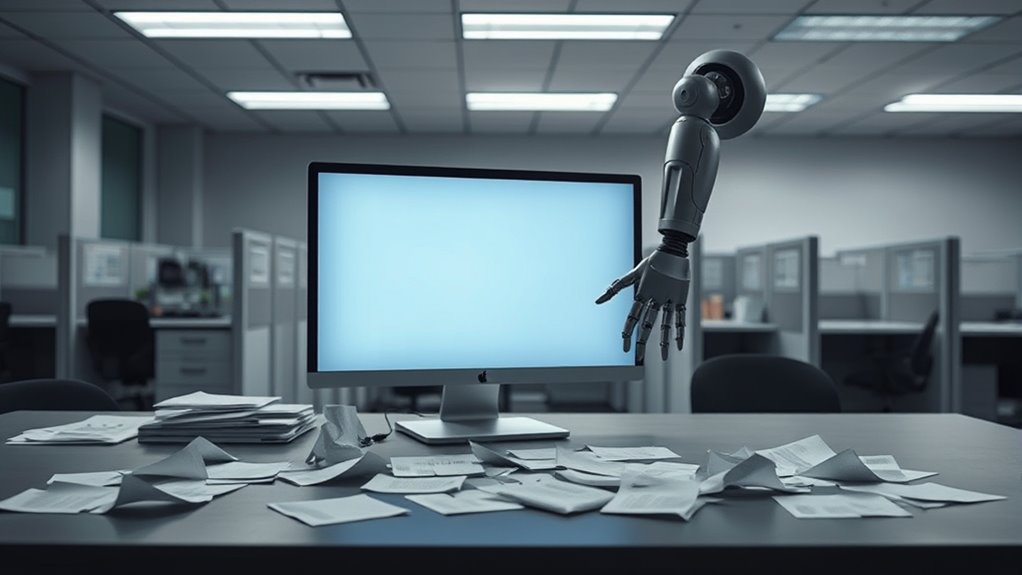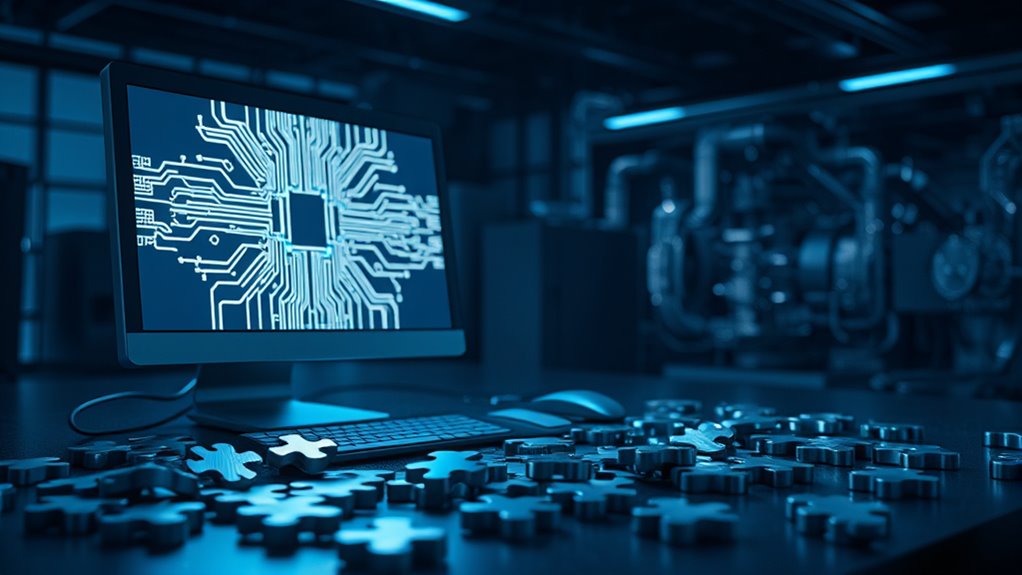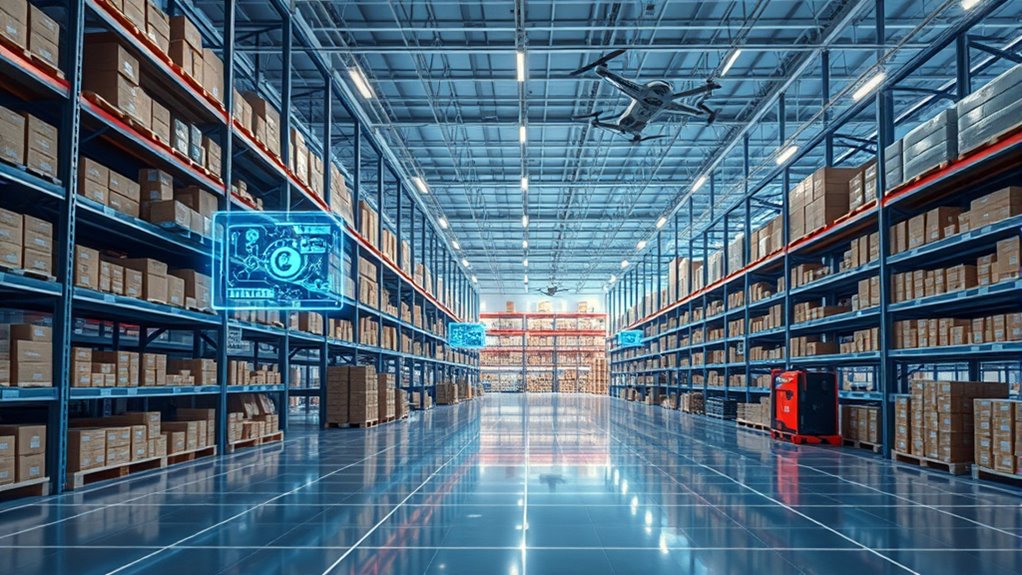Although technology has often changed how people work, Artificial Intelligence (AI) is now shaking up professional jobs in a big way. Experts predict that by 2026, AI could disrupt 38% of these jobs. That’s a huge number, and it means many workers might see their roles change or disappear. This isn’t just a guess; it’s based on studies showing how fast AI is growing in workplaces.
Many companies are already using AI tools. About 49% of U.S. businesses have adopted things like ChatGPT. Some of these firms, around 48%, admit they’ve replaced workers with AI. For example, big companies like BT plan to cut 10,000 jobs over seven years using AI. It’s clear that AI can do tasks faster, especially in industries with repetitive or data-heavy work. Think customer service or data analysis—AI is taking over there.
The impact is real and measurable. In May 2023, AI caused 3,900 job losses in the U.S. alone. That’s 5% of all job cuts that month. Since 2000, automation, including AI, has wiped out 1.7 million manufacturing jobs. The tech sector isn’t safe either, with 136,831 layoffs this year. Additionally, studies suggest that 300 million jobs worldwide could be at risk due to AI advancements.
Globally, AI is expected to affect 40% of jobs, especially in advanced economies where 60% of roles might change. It’s not all bad news, though. AI could create between 20 million and 50 million new jobs by 2030. These might be roles that need AI skills or creative thinking. Moreover, over 120 million workers are expected to need retraining in the next three years to adapt to these changes.
Still, the shift won’t be easy. About 14% of workers have already lost jobs to AI, and 13.7% of U.S. workers report the same. Industries are changing fast, and workers may need to learn new things to keep up. A recent projection indicates that generative AI could lead to 12 million occupational shifts by 2030.
The bigger picture shows mixed effects. AI might boost economies by making work more efficient, but it could also increase inequality. Governments and groups are working on plans to lessen the downsides. The job market will likely see both losses and gains as AI grows. For now, it’s a trend worth watching closely as it shapes the future of work.




